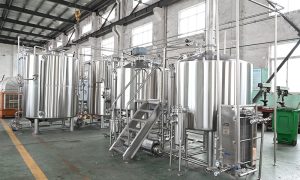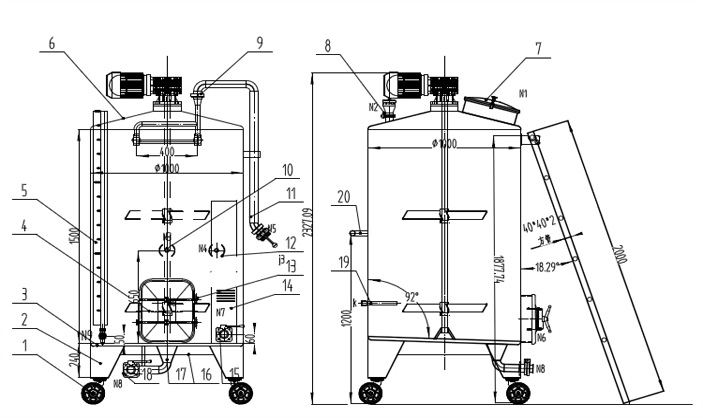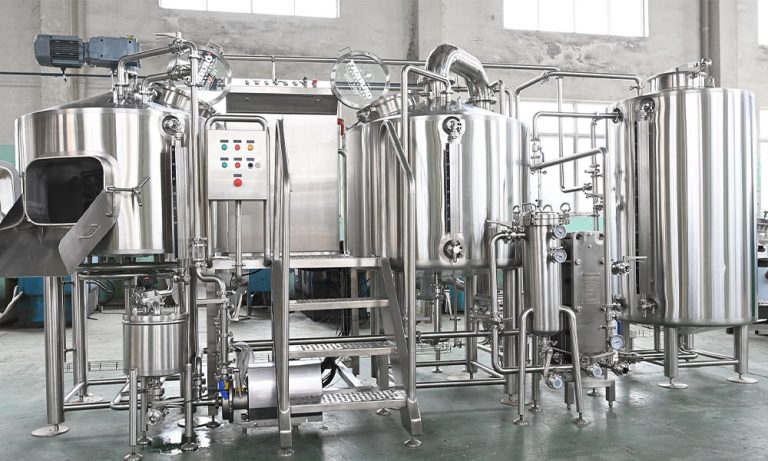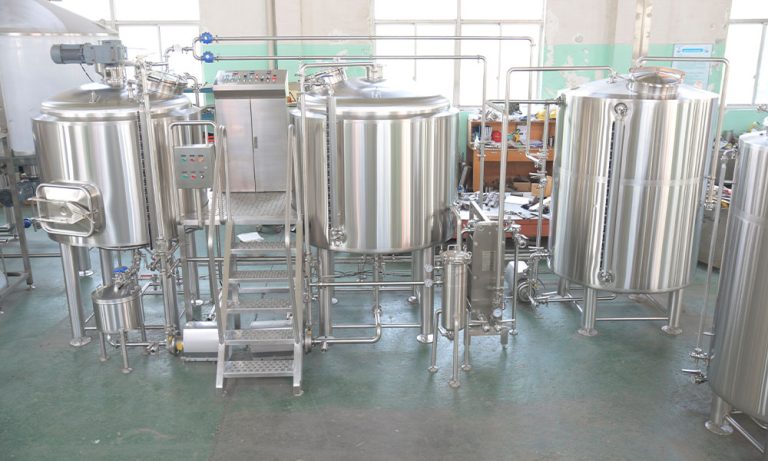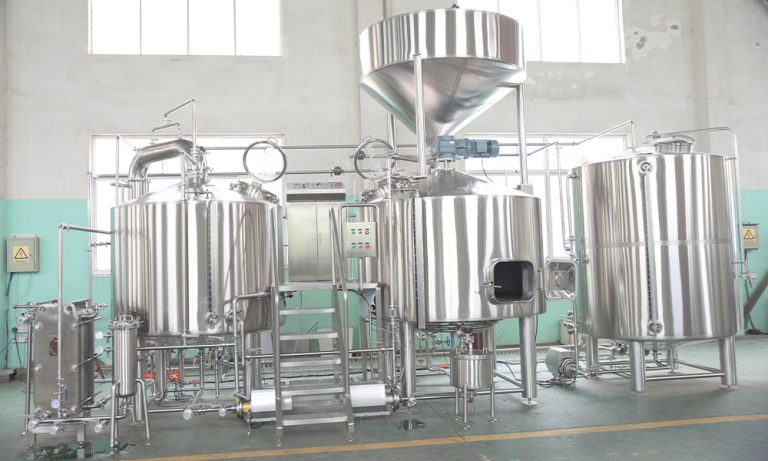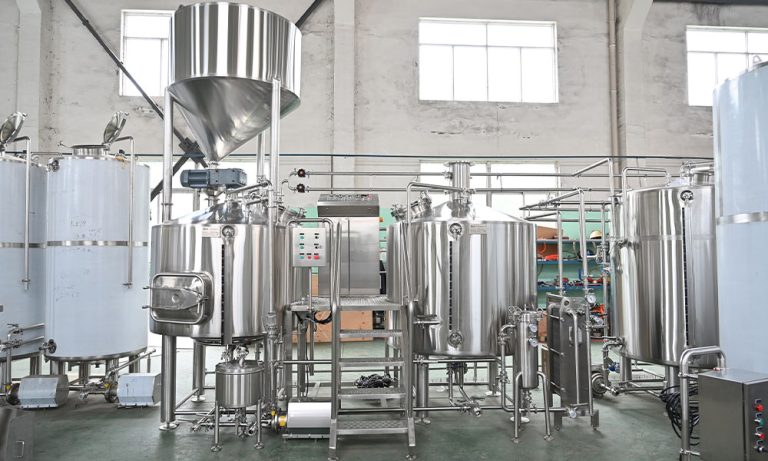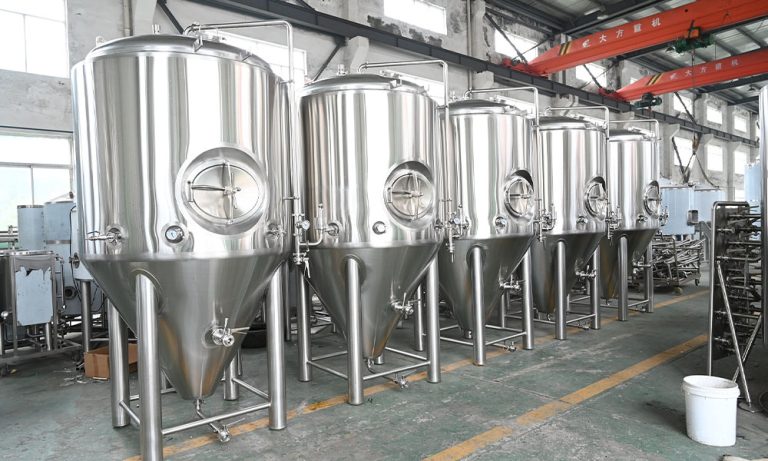About Investing: How To Choose The Right Commercial Brewing Equipment
Choosing the right commercial brewing equipment for a brewery involves several considerations to ensure efficiency, scalability, and quality in beer production. Here’s a breakdown:
1.Capacity and Scale:
Determine the scale of production. Are you starting small or aiming for a larger output? This influences the size and quantity of brewing equipment needed.
2.Brewing Style and Variety:
Consider the types of beer you intend to brew. Some equipment may be more suitable for specific styles or brewing methods (e.g., craft vs. industrial, ale vs. lager).
3.Space and Layout:
Assess your brewery space. Equipment layout, including fermentation tanks, brewhouse systems, and storage, should fit efficiently within the available space.
4.Quality and Durability:
Invest in high-quality, durable equipment. This ensures longevity, fewer breakdowns, and consistent beer quality. Stainless steel is a common choice due to its durability and ease of cleaning.
5.Automation and Control:
Decide on the level of automation needed. Automated systems offer precision and consistency but might require higher initial investment and maintenance.
6.Energy Efficiency:
Consider equipment that’s energy-efficient to minimize operational costs and environmental impact. Look for systems that optimize energy consumption.
7.Expansion Possibilities:
Plan for future growth. Ensure the equipment can be expanded or upgraded as your brewery expands its production capacity.
8.Water and Resource Management:
Look for systems that effectively manage resources like water usage, waste disposal, and energy recycling, contributing to sustainability.
9.Supplier Reputation and Support:
Research and choose reputable suppliers known for quality equipment and reliable after-sales support, including maintenance and troubleshooting.
10.Regulatory Compliance:
Ensure the equipment meets industry standards and regulatory requirements for safety, sanitation, and production quality.
11.Cost Consideration:
Balance quality with cost. While high-quality equipment might come with a higher upfront cost, it often pays off in the long run due to reduced maintenance and better beer quality.
12.Customization and Flexibility:
Consider equipment that offers customization options to suit specific brewing techniques or future adaptations in recipes.
13.Maintenance and Support
Consider the maintenance requirements of the equipment. Are replacement parts readily available? Investing in equipment with strong customer support can save you time and money in the long run.
By evaluating these factors in line with your brewery’s specific needs, you can make informed decisions when selecting commercial brewing equipment. It’s often beneficial to consult with experienced brewers, equipment manufacturers, and industry experts to ensure you choose the most suitable equipment for your brewery’s success.
